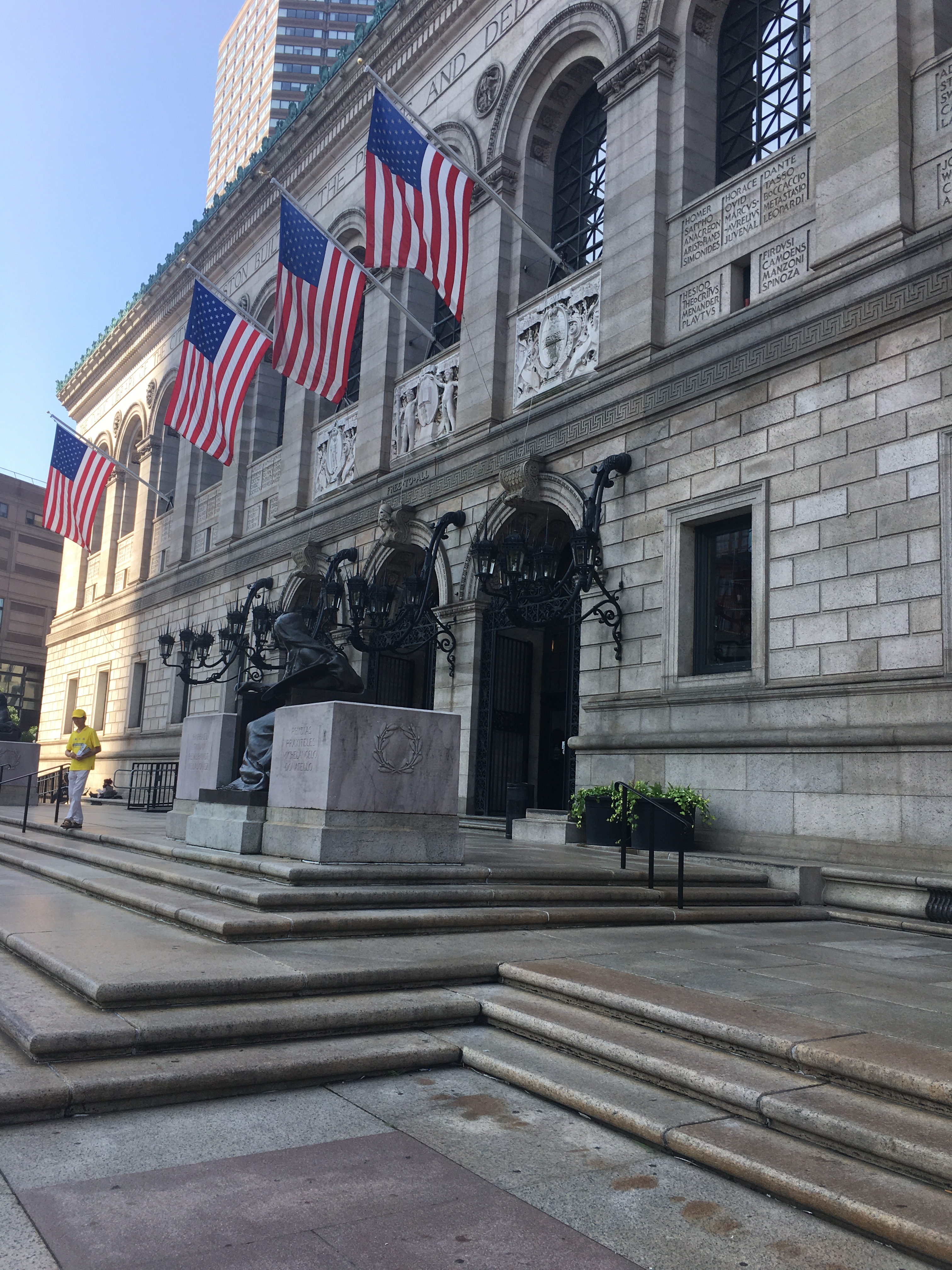Tanya Cassidy

Dr Tanya M. Cassidy (pictured far right) is an Assistant Professor at Dublin City University, an affiliated senior researcher with the Department of Anthropology at Maynooth University, and a Visiting Fellow at the University of Central Lancashire in the Maternal and Child Nutrition and Nurture unit. As a Fulbright-HRB Health Impact Scholar, she furthered her ethnographic research on the potentiality of mothers milk, borders and bioscience at the Department of Anthropology in MIT.
Wh at does your research / work do for citizens?
at does your research / work do for citizens?
“My research is about donor human milk, a service that literally saves lives. I looked at the interplay between mothers, sciences and women in the laboratory, and how this often controversial intervention has been part of important advance in maternal and infant health.”
What problem are you trying to solve?
“Social scientists often don’t look to solve one problem, but instead to help shed light on topics. My research helps us to talk about the role of health implications of human milk, especially for vulnerable infants, and how community contributions can help families during these extremely difficult times.”
Where did you go on your Fulbright Award and why?
“I went to Department of Anthropology at MIT in Cambridge, MA, USA. Boston is the home to the first formalized human milk service in North America, which started at the Boston Floating hospital in 1910. MIT was also key for discussions about the science of pasteurization of human milk, and today is an important centre of excellence for research in the Anthropology of Science and Gender. The story of human milk services in North America then goes to New York and Detroit, both of which I also was able to visit and gather valuable research data.”
to New York and Detroit, both of which I also was able to visit and gather valuable research data.”
What were the chief learnings from you Fulbright Award? What are you able to do better now?
“As part of my Fulbright I was able to have all of these historical materials digitized and made freely available, via the Boston Public Library, to other researchers. I also made amazing contacts with some of the best anthropologists working in science and gender in both Boston and New York. And finally, I have made amazing contacts with younger researchers interested in the topic of human milk and culture, some of who live and work in Europe and who I have been looking towards collaborations in the future.”
What have been the highlights of your Fulbright experience so far?
“I have made invaluable contacts and it has helped me to think much more broadly about the anthropological theoretical frames underlying my work. This has been an empowering grant, and I only wish I had been in a position to be able to take a longer award. I will definitely support and encourage all who wish to come from the US to Ireland on a Fulbright, and any other colleagues wishing to participate in this amazing program.”
